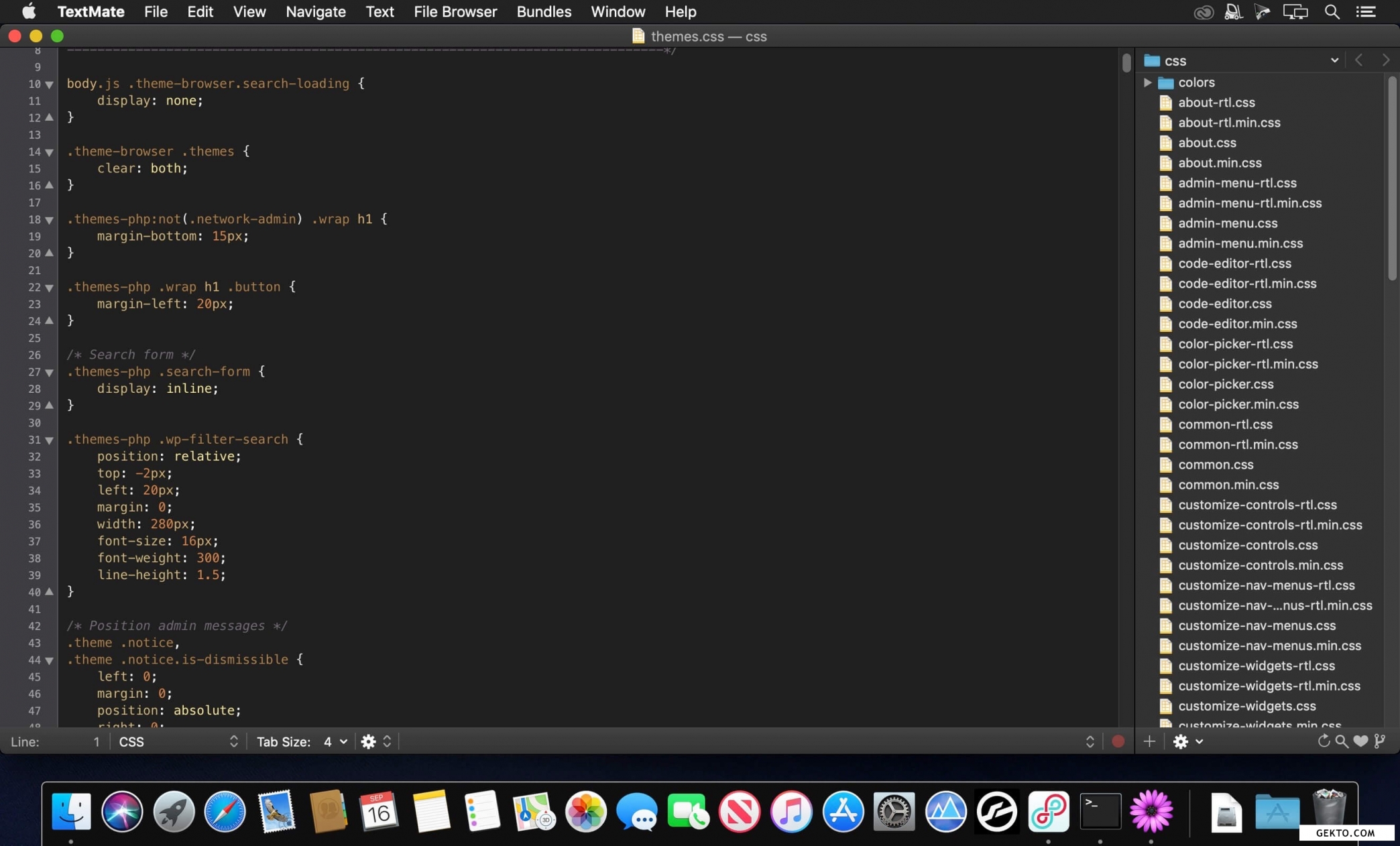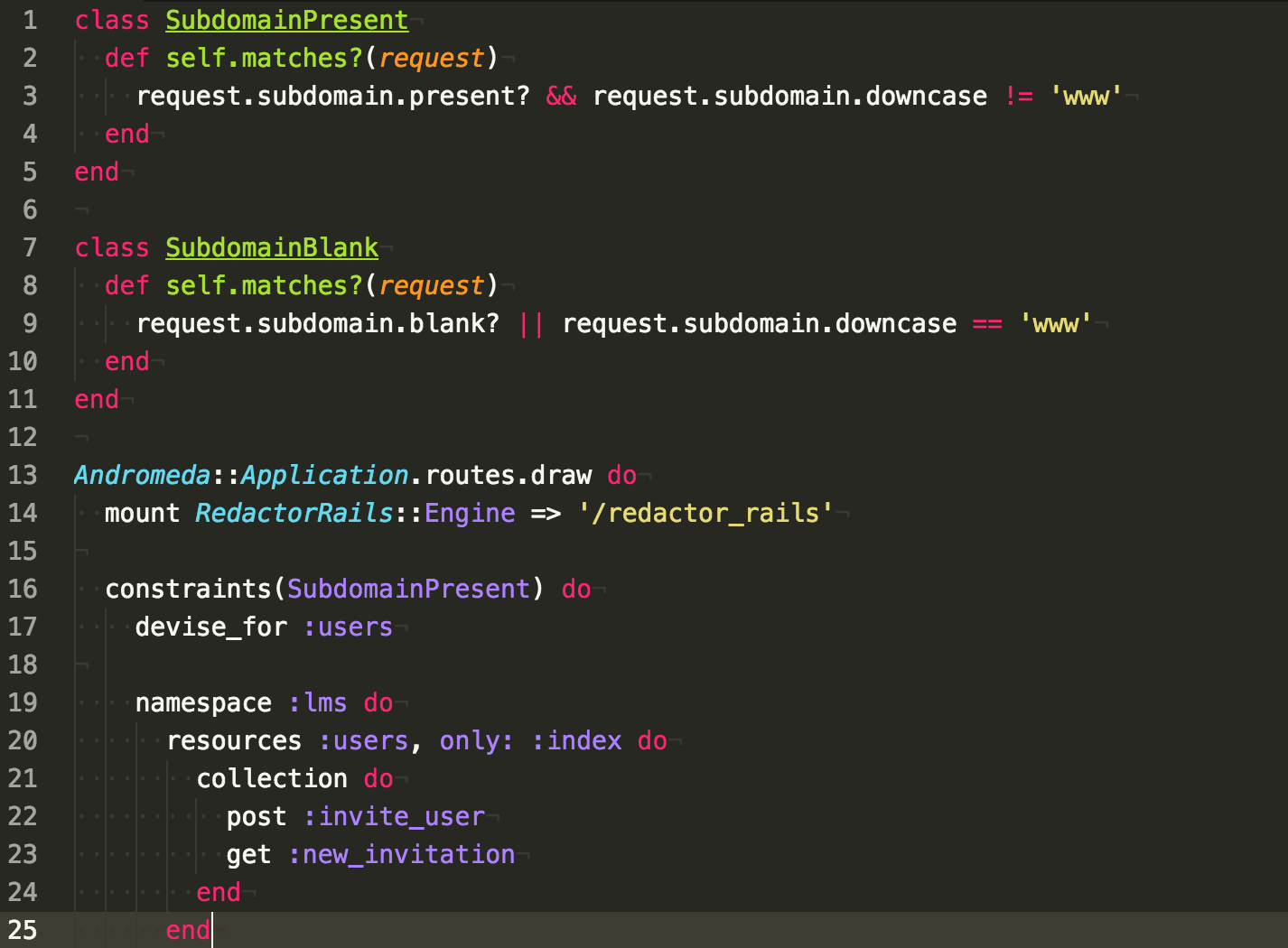

#Textmate m1 code
All code samples are licensed under MIT license.Īdepted from a theme created by Site5 WordPress Themes. I hope you like it!Ĭopyright 2012-2019 / Filip W.

You can get the book at all major booksellers, though I would recommend to get it directly from the publisher, Springer.
#Textmate m1 software
It is my great hope that the book will be equally relevant to students of physics, as well as to technically versed enthusiasts, such as software developers or self-learners, with background in other STEM areas. This way, the reader is equipped with two different angles - mathematical and programmatic - of looking at the same problem space. Because of that, all of the discussed theoretical aspects of quantum computing are accompanied by both algebraic explanation and the runnable Q# code. The major goal behind writing this book was to deliver a book that balances academic rigour and its typical mathematical consistency with the pragmatism and hands-on approach that is so prevalent in the software development world. I am extremely proud of this moment – it is the result of almost 2 years of hard work and countless long nights. From now on, you can also see the book in the sidebar of this website. I am extremely happy to announce that on, my new book, "Introduction to Quantum Computing with Q# and QDK" has been published by Springer, as part of the excellent Quantum Science and Technology series.

You can find the repo in the Q# community organization and I would like to invite anyone interested in Q# to contribute! It is just the beginning but it already provides improved highlighting over the basic one that is currently shipping with the extension. In addition to this, instead of manually composing the grammar JSON file, I would like to provide a robust grammar delivery pipeline, with a build pipeline, without the needing of escaping the expressions, with proper unit tests and with various output formats. The goal with the new repository is to provide a well-rounded approach for Q# grammar, and fully fledged tokenization of the language, based on the necessary scoping rules. Popular editors such as Visual Studio Code or Sublime Text base their syntax highlighting on such grammars.Īt the moment, the Q# LSP extension ships with a very basic TextMate grammar only, focused on a handful of keywords and specially designated symbol names only. TextMate grammars are based on regular expressions from the Oniguruma regex engine and are a de-facto standard for syntax highlighting and tokenization for programming languages. I have recently started a new Q# community repo, aimed at bringing a holistic and structured approach for building up Q# TextMate grammar.


 0 kommentar(er)
0 kommentar(er)
